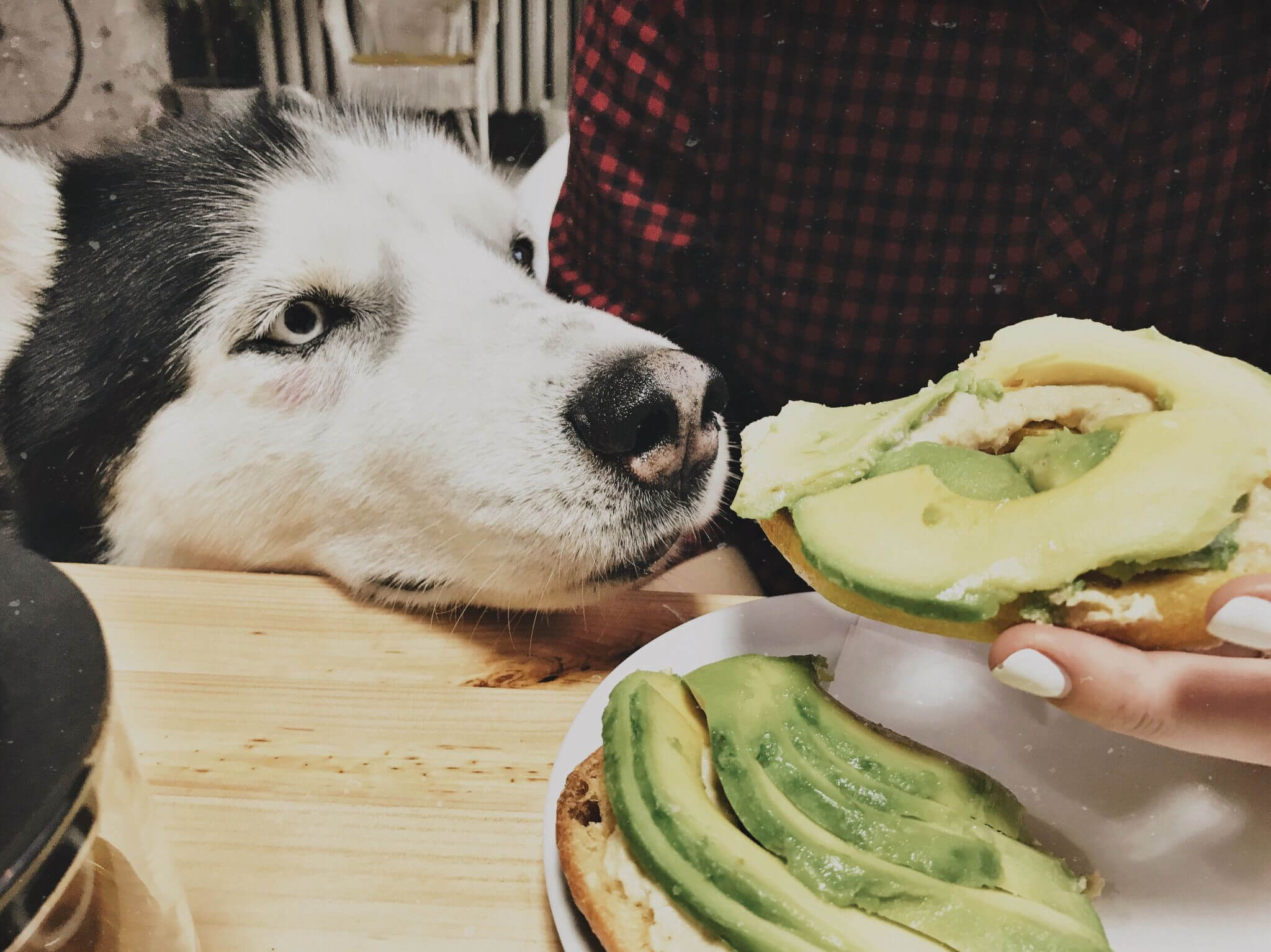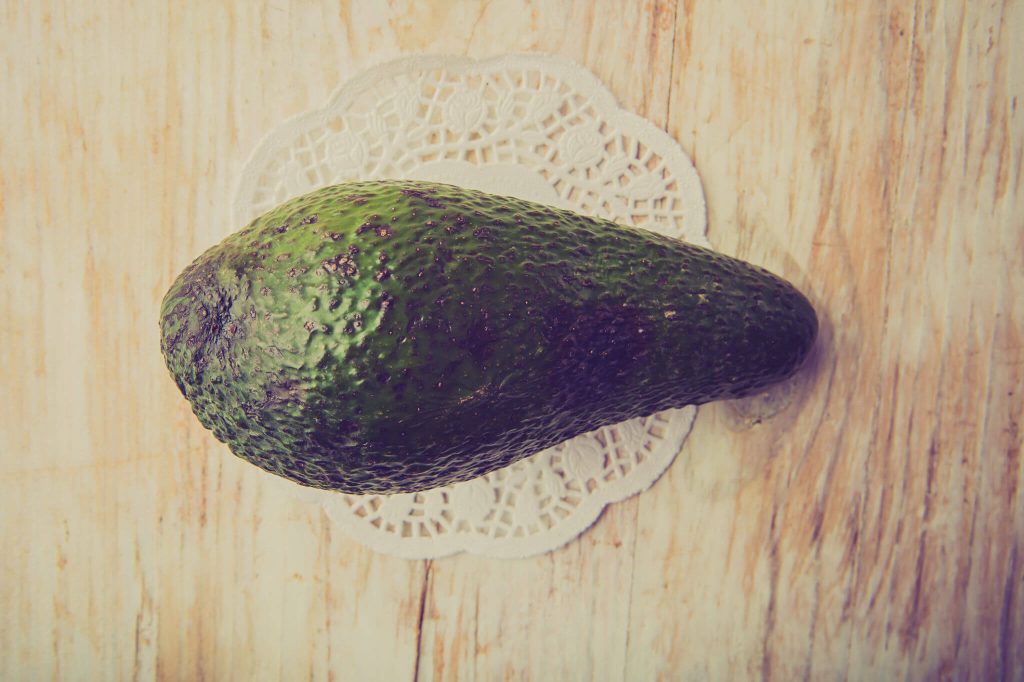
Avocados are celebrated for their healthy fats, vitamins, and minerals. But can dogs safely eat avocado? This article explores the nutritional benefits for humans vs. dogs, highlights potential risks to pets, and suggests safer alternatives. Understanding these factors helps you make informed decisions for your dog’s health and happiness.
The Big Question – Can Dogs Safely Eat Avocado?
When it comes to feeding our furry friends, many pet owners often wonder, “Can dogs eat avocado?” This question arises because avocados are known for their health benefits in humans, but the same may not necessarily apply to dogs. To address the big question: is avocado safe for dogs?
Avocado contains a substance called persin, which is harmless to humans but can be toxic to some animals. While dogs are generally more resistant to persin than other animals like birds and rodents, it’s still crucial to exercise caution. The flesh of the avocado is relatively safe for dogs in small amounts and can even provide some nutritional benefits such as healthy fats and vitamins. However, the pit, skin, and leaves of the avocado plant contain higher concentrations of persin and pose a choking hazard.
In summary, while small amounts of avocado flesh might be safe for most dogs, it’s essential to avoid giving them any part of the pit or skin. Always consult your veterinarian before introducing new foods into your dog’s diet to ensure their safety and well-being.
Nutritional Benefits of Avocado for Humans vs Dogs
 Avocados are often hailed as a superfood for humans due to their rich nutritional profile. Packed with essential nutrients, avocados provide numerous health benefits that can enhance overall well-being. They are an excellent source of healthy fats, particularly monounsaturated fats, which support heart health by lowering bad cholesterol levels. Additionally, avocados contain a variety of vitamins and minerals such as vitamin K, vitamin E, vitamin C, and several B vitamins. These nutrients play vital roles in maintaining skin health, boosting the immune system, and promoting proper cellular function.
Avocados are often hailed as a superfood for humans due to their rich nutritional profile. Packed with essential nutrients, avocados provide numerous health benefits that can enhance overall well-being. They are an excellent source of healthy fats, particularly monounsaturated fats, which support heart health by lowering bad cholesterol levels. Additionally, avocados contain a variety of vitamins and minerals such as vitamin K, vitamin E, vitamin C, and several B vitamins. These nutrients play vital roles in maintaining skin health, boosting the immune system, and promoting proper cellular function.
The high fiber content in avocados aids digestion and helps maintain a healthy gut microbiome. Moreover, the presence of antioxidants like lutein and zeaxanthin supports eye health by protecting against age-related macular degeneration.
However, when it comes to dogs’ nutrition, the scenario is quite different. While some pet owners might think that sharing this nutritious fruit with their furry friends could be beneficial, caution is advised. Avocado contains a substance called persin which can be toxic to dogs in large amounts. Although the flesh of the avocado has lower levels of persin compared to other parts like the pit and skin, it is still advisable to avoid feeding avocados to dogs altogether.
While avocados offer numerous health benefits for humans due to their rich nutrient content, they pose potential risks for dogs because of the presence of persin. Therefore, it’s best to enjoy this creamy fruit yourself while keeping it out of your dog’s diet for their safety.
Why Avocado Can Be Harmful to Your Dog
Avocados are often touted for their numerous health benefits for humans, but when it comes to our canine companions, these fruits can pose significant risks. One of the primary concerns is the presence of persin in avocado. Persin is a fungicidal toxin that can be harmful to dogs, leading to symptoms such as vomiting, diarrhea, and even more severe health complications if ingested in large quantities.
Another major risk associated with avocados is the avocado pit danger. The pit can be a serious choking hazard and may also cause intestinal blockages if swallowed by your dog. This can lead to emergency situations requiring immediate veterinary intervention.
It’s crucial for pet owners to be aware of toxic foods for dogs and take preventive measures to keep them out of reach. Avocado falls into this category due to its potential toxicity and physical hazards. Understanding these dog poisoning risks can help you make informed decisions about what foods are safe for your furry friend, ensuring their well-being and safety at all times.
Signs Your Dog May Have Eaten Too Much Avocado
Avocados, while nutritious for humans, can be harmful to dogs if consumed in large quantities. It’s crucial for pet owners to recognize the dog illness symptoms that may indicate avocado poisoning. Here are some signs of dog poisoning to watch out for if you suspect your furry friend has eaten too much avocado:
1. Vomiting and Diarrhea: One of the most common symptoms is gastrointestinal distress. If your dog starts vomiting or has diarrhea shortly after consuming avocado, it could be a sign that they’ve ingested too much.
2. Difficulty Breathing: Avocado contains a substance called persin, which can cause respiratory issues in dogs. Labored breathing or persistent coughing should be taken seriously.
3. Swelling and Fluid Accumulation: Persin can also lead to fluid accumulation around the heart and other tissues, causing noticeable swelling in your dog’s body.
4. Lethargy and Weakness: If your normally energetic dog suddenly becomes lethargic or weak, this could be due to the toxic effects of avocado on their system.
5. Abdominal Pain: Dogs experiencing abdominal pain may whine, yelp when touched around the stomach area, or adopt a hunched posture.
If you observe any of these symptoms and suspect that your dog has eaten too much avocado, it’s essential to act quickly:
– Contact Your Veterinarian Immediately: Describe the symptoms and how much avocado you believe your dog consumed.
– Avoid Home Remedies: Do not attempt to treat your dog with home remedies; professional veterinary care is necessary.
– Monitor Closely: Keep a close eye on your dog’s condition until you can get them professional help.
Understanding these warning signs can make all the difference in ensuring prompt treatment and recovery for your canine companion if they consume too much avocado.
Safe Alternatives to Feed Your Dog Instead of Avocado
While avocados are a popular health food for humans, they can be harmful to dogs due to the presence of persin, a toxin that can cause vomiting and diarrhea in our furry friends. Fortunately, there are plenty of dog-friendly fruits and veggies that you can offer as healthy snacks for your canine companion.
One excellent option is carrots. Rich in beta-carotene and fiber, carrots are not only safe but also beneficial for your dog’s dental health. They make for a crunchy treat that many dogs love.
Another great choice is blueberries. These tiny berries are packed with antioxidants and vitamins, making them an ideal snack for boosting your dog’s immune system. Plus, their small size makes them easy to serve without any preparation.
For those looking for something more hydrating, cucumbers are an excellent option. Low in calories but high in water content, cucumbers can help keep your dog hydrated while providing essential nutrients like potassium.
Apples, minus the seeds and core, are another fantastic alternative. They offer vitamins A and C along with fiber. Just be sure to cut them into bite-sized pieces to prevent choking hazards.
Lastly, consider offering green beans as a snack. These veggies are low in calories but high in vitamins K and C as well as manganese. They can be served cooked or raw but should always be given plain without any added seasonings or oils.
By incorporating these safe human foods into your dog’s diet, you can provide tasty and nutritious treats without the risks associated with avocados. Always remember to introduce new foods gradually and consult with your veterinarian if you have any concerns about your pet’s diet.



